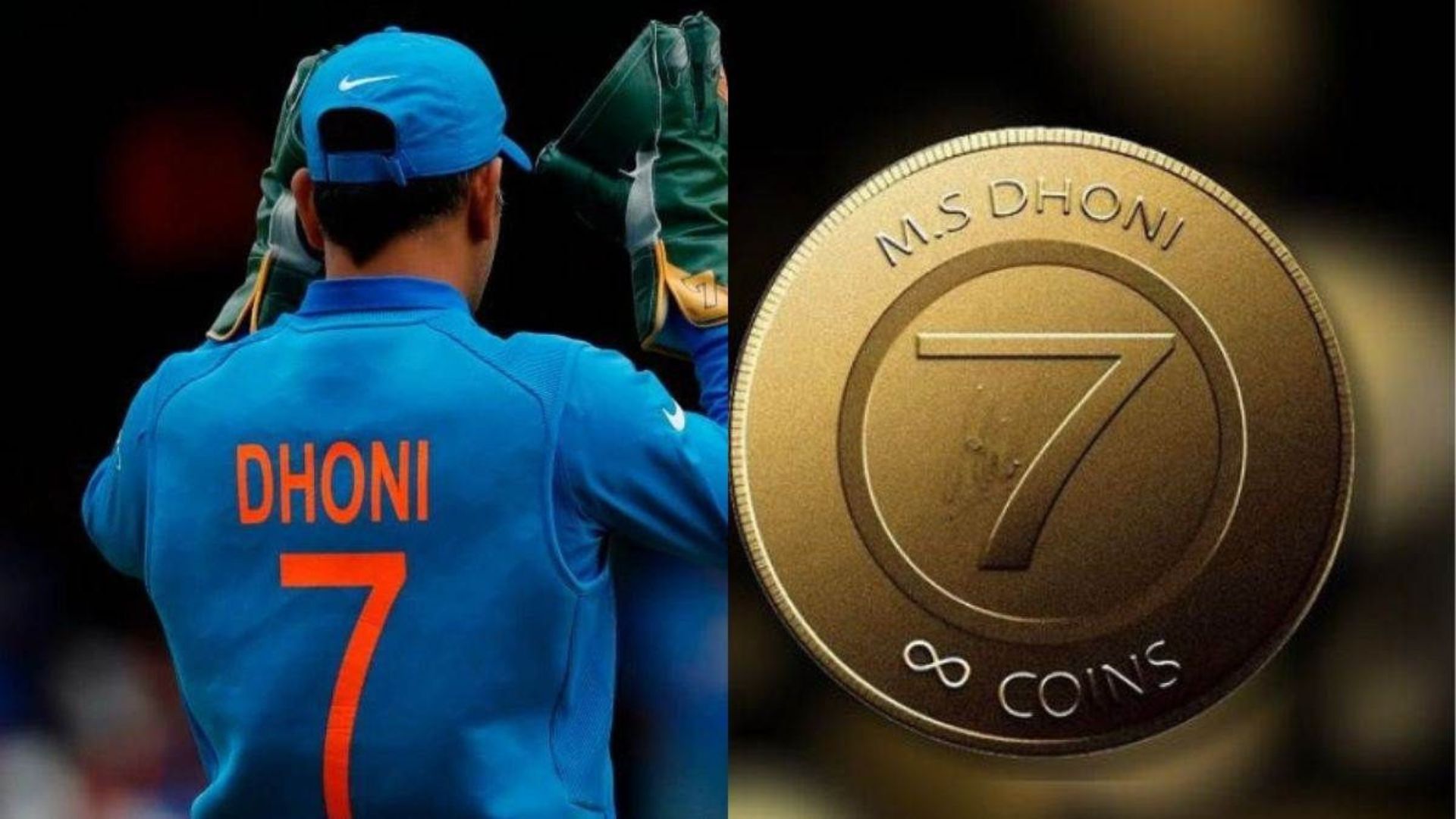
In the grand theatre of international politics, where words are not just statements but signals of intent, the weight of a public figure’s speech extends far beyond the immediate audience. Words have consequences, especially when they are spoken by political leaders. Comments made by Rahul Gandhi be it through his op-eds, speeches at election rallies or much notorious during his foreign visits highlight not only a troubling pattern but also raise crucial questions about political responsibility, the ethics of discourse, and the dangers of externalizing domestic issues.
Rahul Gandhi’s recent comments published in Indian Express through an op-ed dated 6th November 2024, disguised as criticism of corporate power, in reality, undermine India’s 78-year-old democratic legacy. Comparing India to colonial-era exploitation ignores our hard-won resilience, from overcoming foreign influence to emerging stronger from crises like the Emergency. This isn’t just an attack on businesses—it’s an affront to our democratic institutions and economic achievements. India’s success is a testament to the strength of its institutions, which deserve constructive discourse, not disparagement. This also speaks volumes of his political maturity: casting doubt on progress rather than uplifting democracy and channelising the powerful office of Leader of the Opposition in the right direction.
Recently, in a speech in Telangana, Rahul Gandhi claimed that “there is no other place where there is as much caste discrimination as in India.” This statement is not only ignorant but overlooks India’s extensive constitutional, legal, and social reforms to address caste-based issues. Equating India’s efforts to confront discrimination with some of the world’s most oppressive regimes is misleading and diminishes our progress.
Gandhi’s rhetoric has intensified caste-based politics, raising serious questions about his true intent: Is it to uplift marginalized communities or merely exploit divisions for political gain? By unnecessarily bringing caste into unrelated issues—like beauty pageants or the Olympics, which operate independently of government influence—he shows a lack of understanding of India’s constitutional and institutional framework. His calls to breach the 50 percent reservation cap reveal disregard for judicial independence and the balance it seeks to uphold.
Moreover, Congress’s selective use of caste in elections, as seen in Haryana’s Jat politics, exemplifies divisive tactics that undermine social unity. Such behavior is unbecoming of the Office of Leader of the Opposition, a position that should foster national cohesion rather than deepen societal rifts. Leaders must rise above such divisive politics and work sincerely towards the upliftment of all.
Having addressed domestic issues, let’s now look at the international stage, where repeated attempts are being made to tarnish India’s image. One of the hallmarks of statesmanship is the ability to resolve political disputes within the boundaries of the nation and respect the delicate diplomatic framework that governs international relations. Yet, time and again, we have seen Rahul Gandhi externalize India’s internal matters on foreign soil, often casting a shadow on the very sovereignty and unity that leaders are sworn to protect. His recent remarks, particularly during his trips to the UK and the US, illustrate a disconnect between the responsibilities of leadership and the pursuit of political opportunity.
For instance, during his visit to Cambridge University, Rahul Gandhi spoke of how “Indian democracy is under attack,” lamenting the state of institutions such as the judiciary, the media, and Parliament. These are serious allegations, but where does one draw the line between internal criticism and undermining the nation’s integrity on the global stage? Does an Opposition leader, holding a post equivalent to a Cabinet Minister, not bear a responsibility to ensure that his words do not fuel external narratives detrimental to the country?
What distinguishes a statesman from a mere politician is the understanding that one’s words have the power to shape perceptions, both at home and abroad. Prime Minister Narendra Modi, in contrast, has exemplified this quality. PM Modi, who holds a thumping majority, has maintained a consistent foreign policy, showing continuity with previous governments, including those of the Congress. He understands that leadership is about safeguarding the dignity of the nation, regardless of internal political differences.
Rahul Gandhi’s statements, however, suggest a different approach. By meeting with controversial anti-India lawmakers and allowing his remarks to be hijacked by Khalistani elements, Gandhi inadvertently provided legitimacy to forces that seek to divide the country. His comment about the Sikh struggle being about “whether a Sikh will be allowed to wear a turban or kara” is not just careless rhetoric; it is a dangerous flirtation with forces that threaten India’s unity. That Sikhs in India proudly wear the turban, kara, and kirpan is a testament to the nation’s inclusive fabric—a fabric torn apart in the 1980s, ironically, under the leadership of his own family.
Political responsibility requires accountability. As the Leader of the Opposition, Rahul Gandhi holds a position of significant influence. His words are not merely personal opinions but reflections of the Opposition’s stance. Yet, the recurring pattern of externalizing domestic grievances reflects a troubling trend—one where political gain is prioritized over national unity. Is this the kind of leadership India needs at a time when the world is watching closely?
Consider for a moment the example of Shyama Prasad Mukherjee, who, despite political differences, was an integral part of Nehru’s cabinet during a crucial period in India’s history. Or think of Atal Bihari Vajpayee, who, despite his ideological differences with Indira Gandhi, upheld the dignity of discourse even in the most challenging times. These leaders understood that while political differences are inevitable, there is a sanctity to political discourse that should never be compromised.
Parallelly, recent comments praising China’s approach to societal harmony, while simultaneously criticizing India’s democratic institutions, are equally disconcerting. At a time when India is locked in a tense standoff with China along the Line of Actual Control (LAC), should an Indian leader even remotely suggest that China’s approach to governance is legitimate? It is worth noting that the very political party Gandhi represents has been vocal in questioning the commitment of Indian soldiers guarding the border. How does this serve the nation’s interests?
Moreover, Gandhi’s remarks on caste-based reservations in Washington DC—where he stated that reservations would only be reconsidered when India becomes a “fair place”—miss the mark on multiple fronts. Not even the United States, where he was making the statement, is a “fair place” by that measure. The complexity of India’s caste system, deeply intertwined with its socio-political fabric, cannot be resolved with simplistic, idealistic statements in front of foreign audiences.
As Vice-President Jagdeep Dhankar recently said, “some misguided people are hurting Mother India despite taking an oath on the Constitution.” This statement rings true in the context of Rahul Gandhi’s repeated attempts to paint a bleak picture of India abroad. The dignity of political discourse is not just about civility; it is about putting the nation above political opportunism.
With great power comes great responsibility. For every right, there is a consequent duty. Rahul Gandhi’s frequent trips abroad. Political rallies and off-the-bat comments have become occasions for irresponsible commentary, which not only damages India’s image but also emboldens those who wish to see the country falter. Domestically as well, the irresponsible casteization of politics deepens societal divisions and distracts from inclusive governance. India’s strength lies in its diversity, and it is the duty of its politicians to foster harmony and work toward national growth, not fragmentation. When rhetoric undermines national unity or fuels division, it only weakens the fabric that holds this diverse nation together. Such divisive words are best disregarded. India’s focus should remain on unity and progress, driven by leaders who uplift rather than undermine the nation.
Tulla Veerender Goud, BJP Spokesperson, Telangana















